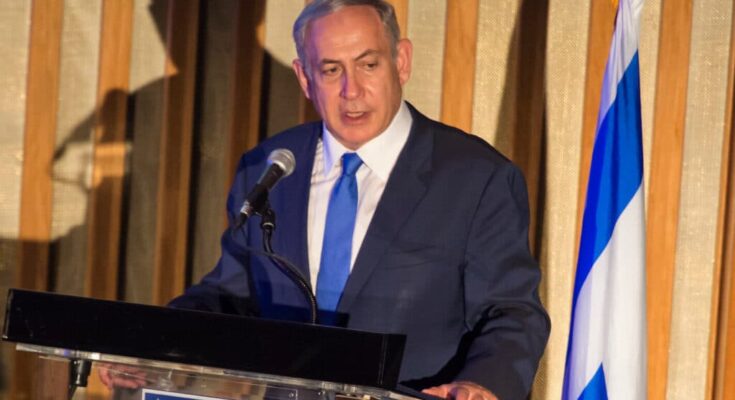
After the assassination of Hamas leader Yahya Sinwar by Israeli forces, based on occasional statements Netanyahu had made, many believed he would declare victory, reduce Israel’s military presence in Gaza, and start negotiations for the signing of a cease-fire deal. Many might wonder what Netanyahu’s goal might actually be.
A week after the assassination of Sinwar, Israel has made no significant change on its strategy regarding the Gaza front. Meanwhile, Blinken is back in the Middle East, getting ready to jump-start peace talks. At the same time, Biden and other world leaders are keeping up the pressure on Netanyahu to bring the Gaza conflict to an end.
What is Netanyahu’s ultimate goal?
According to CNN, citing some analysts, Netanyahu’s goals may go far beyond crushing Hamas and Hezbollah. In fact, analysts focus on the statement he made after the assassination of Hezbollah leader Hassan Nasrallah, which he described as a necessary means to changing the balance of power in the region.
Concerns have therefore been raised as to whether the Israeli Prime Minister wants to plunge Israel into a direct confrontation with Iran. After all, relations between the two states have escalated since Tehran’s attack on Israel.
What analysts are saying about Netanyahu’s goal
Aviv Businski, a former adviser and spokesman for Netanyahu, said the fate of the hostages is key to the legacy of the Israeli Prime Minister.
“If he does not succeed in freeing the remaining hostages, either by military or diplomatic means, the citizens will say that he has failed, and everyone will remember the position he took on the deal that was proposed in July,” the former consultant said.
In addition, Businski says that if the war does not end, people will begin questioning Netanyahu’s decision to assassinate Sinwar. “That’s my biggest concern, that people will say: We were wrong to take out the one person we could negotiate with,” Businski said.
Multiple internal problems
Israel’s Prime Minister is certainly playing a complex game, attempting to balance the conflicting demands of allies he cannot afford to lose.
At the same time, he is relying on the support of far-right politicians such as National Security Minister Ben-Gvir and Finance Minister Bezalel Smotrich, who want Israel to continue its occupation of Gaza and propose settlement construction. Netanyahu’s approval ratings have improved significantly over the past year but not enough to call and win a new round of elections.
“Ending the war in Gaza and Lebanon is not an option for Netanyahu’s partners,” said Gayil Talshir, a political scientist at the Hebrew University. He explained that a national unity government is not an option for the Israeli Prime Minister because it would launch an investigation into the failures that led to the October 7th attacks.
Window of opportunity
In addition to domestic issues, Netanyahu must also consider US demands. Biden has made it clear that he wants Israel to begin negotiating an agreement to end the war.
Nevertheless, the Israeli Prime Minister appears to have a window of opportunity between now and the November 5th elections. The reason is that in order to not hurt Kamala Harris’s chances of winning, President Biden must maintain a delicate balance.
On the one hand, he must show that he is taking a tough stance on the horrific humanitarian situation in Gaza, while, on the other hand, he must continue to support Israel so as to avoid alienating moderate and Jewish voters who expect the US to stand by Israel.



